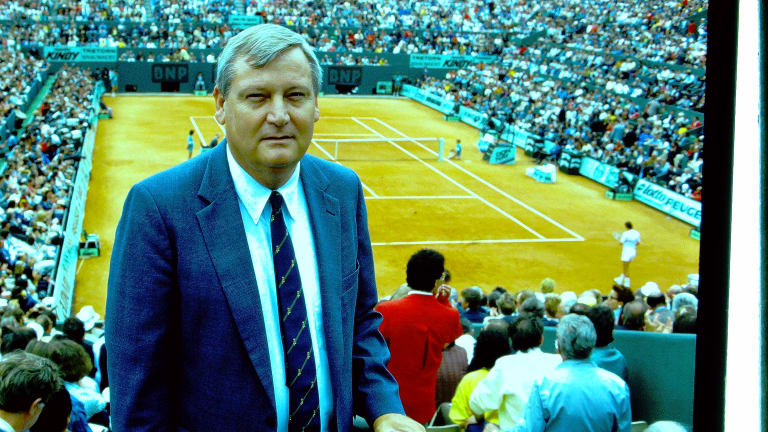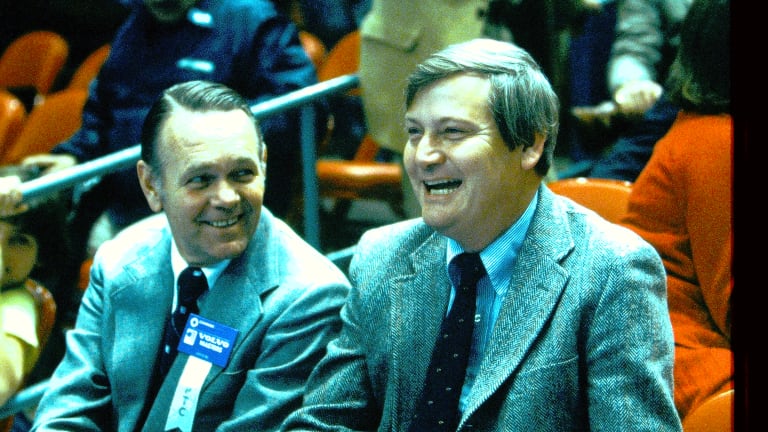Tennis is not up against itself. Tennis is against soccer, baseball, basketball, football and all other sports and entertainment.
The Business of Tennis
The Tennis Conversation: Marshall Happer, the closest the sport has ever had to a commissioner
By Sep 30, 2022The Business of Tennis
Naomi Osaka is leaving the sports agency she co-founded
By Dec 19, 2025The Business of Tennis
Coco Gauff is Forbes' highest-earning female athlete for second year running
By Dec 18, 2025The Business of Tennis
Garbiñe Muguruza returns to Madrid as co-tournament director
By Dec 13, 2025The Business of Tennis
Billie Jean King applauds historic WTA, Mercedes-Benz partnership: “Far beyond tennis”
By Dec 11, 2025The Business of Tennis
Coco Gauff inks deal to become global brand ambassador for Mercedes-Benz
By Dec 09, 2025The Business of Tennis
Inside BUNKR, the cybersecurity startup winning over the tennis world
By Dec 07, 2025The Business of Tennis
Coco Gauff tops Sportico's highest-paid female athletes list for third year running; Sabalenka, Keys make major jumps
By Dec 04, 2025The Business of Tennis
Aryna Sabalenka sets new WTA single-season prize money record
By Nov 10, 2025The Business of Tennis
Lululemon becomes official outfitter of the BNP Paribas Open in multiyear deal
By Nov 07, 2025The Tennis Conversation: Marshall Happer, the closest the sport has ever had to a commissioner
Catching up with one of the most influential leaders in professional tennis, who headed the Men's Tennis Council and later became USTA Executive Director.
Published Sep 30, 2022
Advertising

"It took a number of years for tennis to mature as a professional sport and in lots of ways it is still maturing as it competes with all the other sports for talented athletes and fans," writes Happer (pictured above at the 1987 French Open) in his preface. At over 800 pages in length, the book is a must for a tennis historian.
Advertising

Happer's magnum opus chronicles the growth of men's tennis through the perspectives, achievements and tribulations of the Pioneers of the Game—"the relatively small number of people who created the format and governance for the development of men's professional tennis from 1926 to 1989." He also ranks the Pioneers, and while "every time I look at my list, I change my ranking numbers," he writes, there is an undisputed No. 1: Jack Kramer. (Pictured at left, with Happer.) "Jack is without doubt the most important person and contributor in the history of men’s professional tennis," writes Happer.